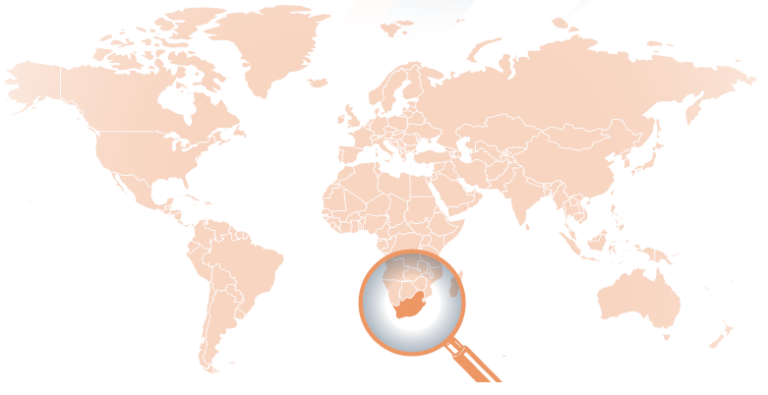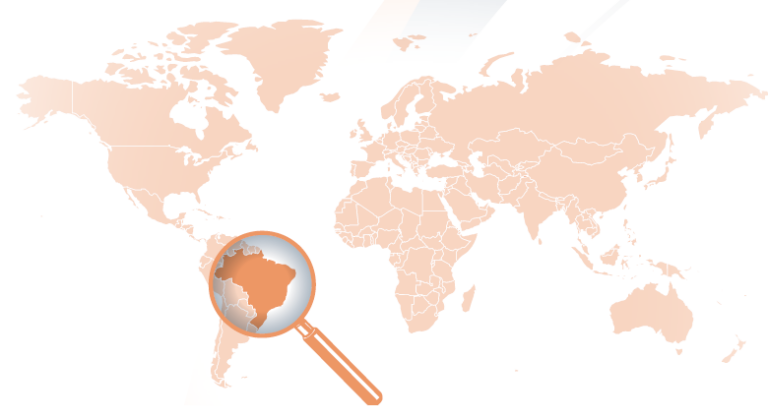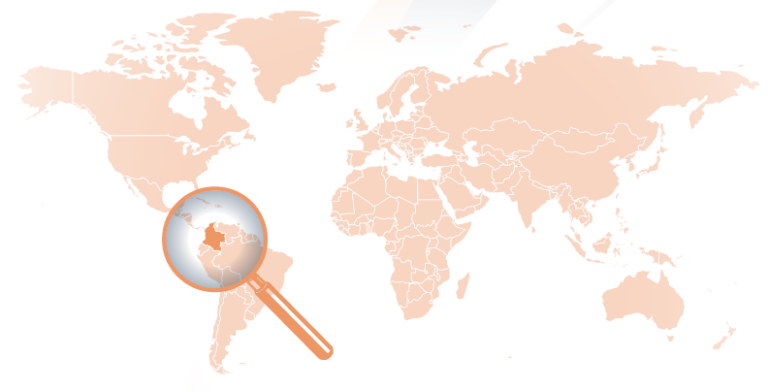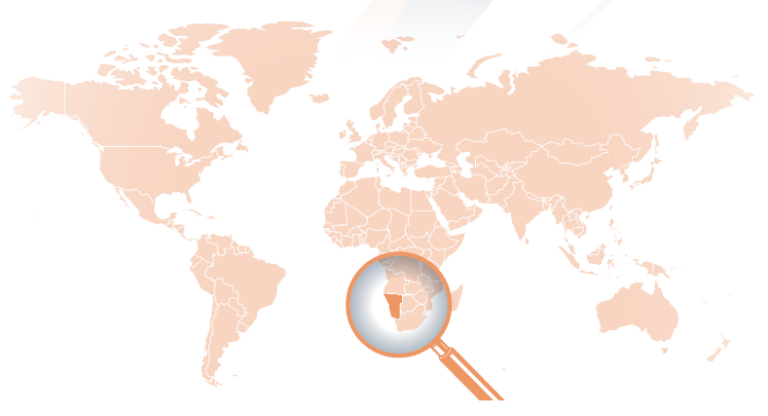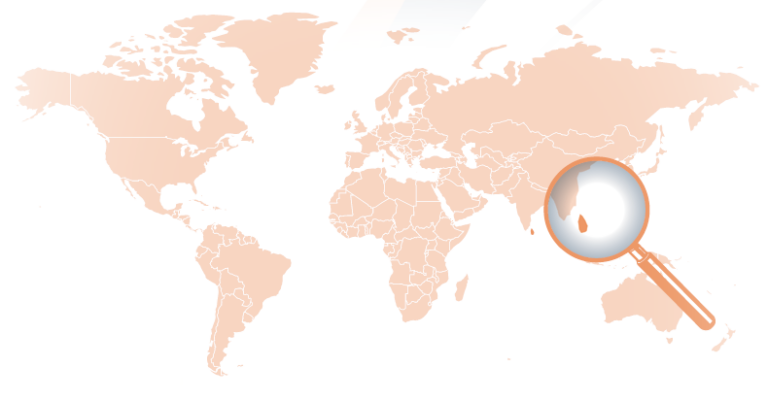Understanding Racism as a Risk Factor in Atrocity Crimes
While the roots of racism are generally related to false notions of white supremacy, how exactly racism informs atrocity crimes and how communities can prevent this can take many shapes. To share lessons learned on this subject, in 2023 GIJTR launched “Understanding Racism as a Risk Factor in Atrocity Crimes,” a project that seeks to generate resources on identifying and combatting structural racism and on supporting communities of color and their allies to advocate for equity and racial justice.
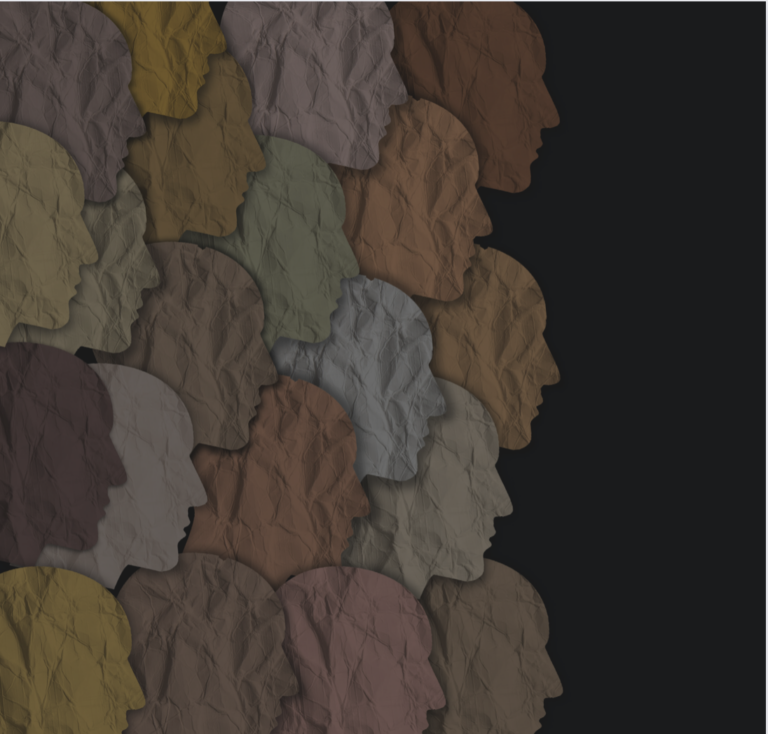
Context
Racism is linked to human rights violations globally and can be understood as a widespread cause and consequence of local and state conflict, authoritarian rule and histories of colonialism. Racism includes intentional inequities and discrimination based on a racial classification and is generally understood to be “any distinction, exclusion, restriction or preference based on race, color, descent, or national or ethnic origin which has the purpose or effect of nullifying or impairing the recognition, enjoyment or exercise, on an equal footing, of human rights and fundamental freedoms…”.[1] Such injustice presents in violations of human rights including genocide, crimes against humanity, war crimes and ethnic cleansing. Racism is often cited as the main cause of mass atrocities such as in the Rwandan and Namibian genocides, and a basis for colonialism, and the transatlantic slave trade. While these cases highlight racism as a root cause, racism as a global phenomenon is more insidious in nature, permeating all levels of society and affecting policy and practice in social, cultural and economic spheres. The conditions of inequality and structural violence that this creates has the potential to culminate in first generation rights violations as well as social, economic and cultural rights violations as highlighted in the cases below.
Project Details
Racial equity requires deliberate attempts to eliminate policies, practices, attitudes and cultural messages that reinforce unjust treatment based on race and can only be achieved through proactive and preventative measures. Racial justice requires an understanding of the historical roots of racism, the ways in which these have manifested in the present day and tools to address past harms. It also requires working with affected communities and accountable actors for collective change. Given that the roots of racism are related to the fallacy of superiority based on whiteness, the origins of racism are similar in most contexts, however, how it unfolds and the tools used to address and prevent its prevalence may differ. While recognizing that indigenous communities and most communities of color are subject to racism, this project seeks to focus particularly on anti-Black racism, assessing the ways in which racism, if not addressed, could lead to atrocity crimes. According to the UN Framework of Analysis for Atrocity Crimes (UN Framework), an atrocity crime is considered “to be the most serious crimes against humankind. Their status as international crimes is based on the belief that the acts associated with them affect the core dignity of human being.[2]” By drawing on the Framework as a source document, the project will undertake a series of activities focused on race, justice and racial transformation in order to achieve the project objectives and outputs below.
[1] International Convention of the Elimination of All Forms of Racial Discrimination, Adopted 21 December 1965, available at:https://www.ohchr.org/en/instruments-mechanisms/instruments/international-convention-elimination-all-forms-racial, Part I
[2]https://www.un.org/en/genocideprevention/documents/about-us/Doc.3_Framework%20of%20Analysis%20for%20Atrocity%20Crimes_EN.pdf
Project Objectives to Date
Develop a set of indicators to assess the ways in which racism could contribute to atrocity crimes;
Drawing on the UN Framework, in May 2024 partners published a set of indicators that can be used by international and national actors to assess the ways in which racism could contribute to atrocity crimes.
Publish case studies from Brazil, South Africa, Colombia, Namibia and Sri Lanka;
In order to identify and share exactly how racism unfolds in different settings and develop tools to stem its prevalence in countries across the globe, project partners produced five case studies in December 2023, available below, that examine the linkages between racism and atrocity crimes in five global contexts – Brazil, Colombia, Namibia, South Africa and Sri Lanka.
Launch a policy paper aimed at transitional justice, social justice and atrocity prevention stakeholders.
In 2024, GIJTR will publish a policy paper aimed at a multidisciplinary group of stakeholders including policy-makers and practitioners such as members of PFPAD and the JAPER and CAPREE committees, working in the fields of social justice, transitional justice, human rights and atrocity prevention. It is anticipated that the policy paper will serve as an advocacy tool as well as raise awareness about the state of racism globally.
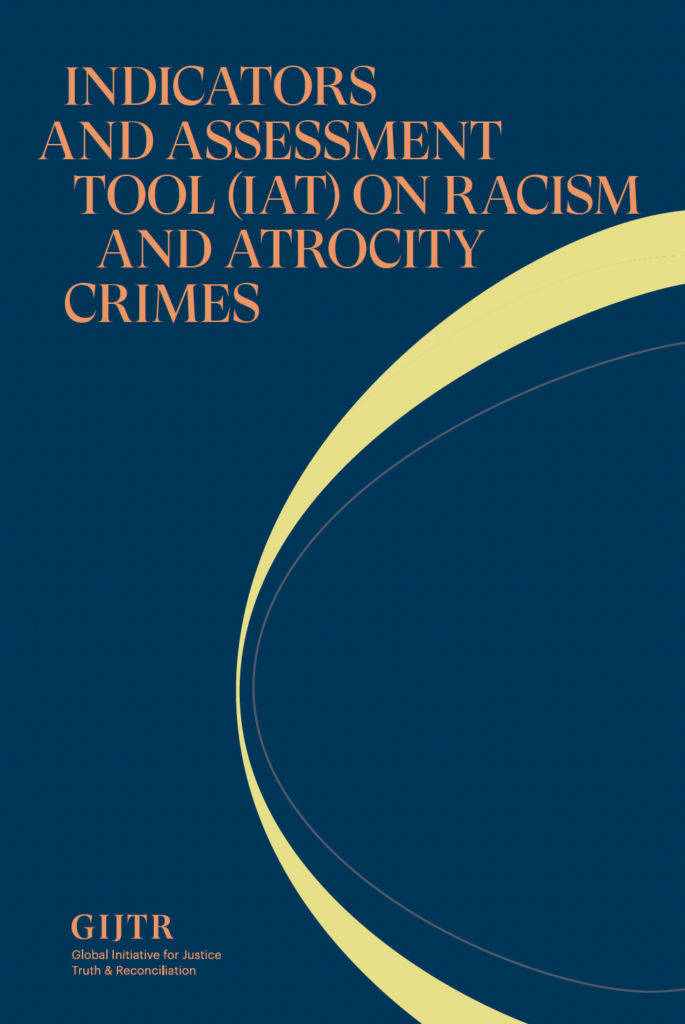
Indicators and Assessment Tool on Racism and Atrocity Crimes
Racism is linked to human rights violations globally and can be understood as a widespread cause and consequence of local and state conflict, authoritarian rule, and histories of colonialism. While there is an increased recognition of the widespread nature of racism and its threat to peace and stability—particularly since the summer of 2020, when a police officer in the United States killed George Floyd, an unarmed Black man—there is still a need to address racism in a more deliberate and targeted way. To that end, in May 2024, GIJTR published an Indicators and Assessment tool on racism and atrocity crimes. Rather than highlighting all risk factors for atrocity crimes, this toolkit focuses on those indicators for which racism, racist policies and practices, and histories of racism may exacerbate the risk, as well as conditions under which particular racial or ethnic groups may be the direct target of atrocities.
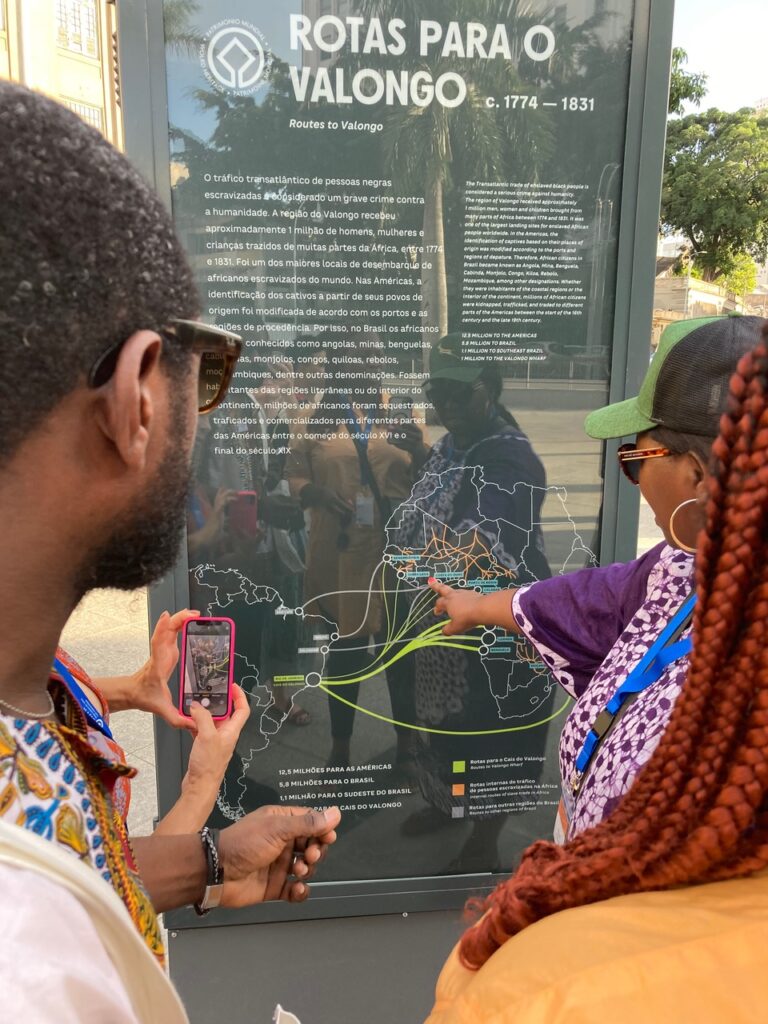
Global Roundtable
In December 2023, the Global Initiative for Justice, Truth and Reconciliation held a three-day workshop in Rio de Janeiro that convened nearly fifty policy makers, civil society representatives, academics and survivors working in the fields of transitional justice, peacebuilding and racial justice to develop a set a recommendations on addressing racism as a risk factor for atrocity crimes that can be used by states, international fora such as the United Nations, as well as civil society at local, national and international levels.
"The Making of Atrocities: Is Racism a Risk Factor?" is a podcast series that amplifies lessons learned from GIJTR's "Understanding Racism as a Risk Factor in Atrocity Crimes" project, with a specific focus on racial justice and anti-racism. The podcast features project partners as well as global leaders working across the fields of racial justice, atrocity prevention and transitional justice, all with a goal of raising awareness about the rampant challenge of racism globally and reimagining strategies to promote racial justice and equity in the world.
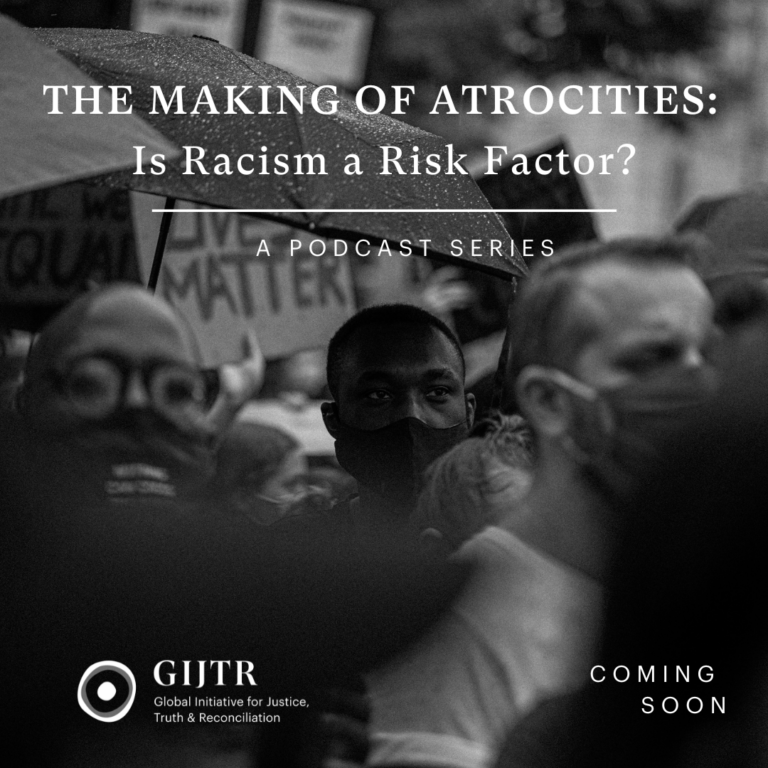
The following case studies have been written by independent, local consultants on behalf of the Global Initiative for Justice, Truth and Reconciliation (GIJTR). The studies are informed by a combination of desktop research, document analysis and interviews. They therefore reflect these perspectives and findings, as compiled and written by the consulting author(s). Interviewees have been anonymized to ensure their safety and privacy but GIJTR extends its gratitude for the time and participation of all interviewees.
